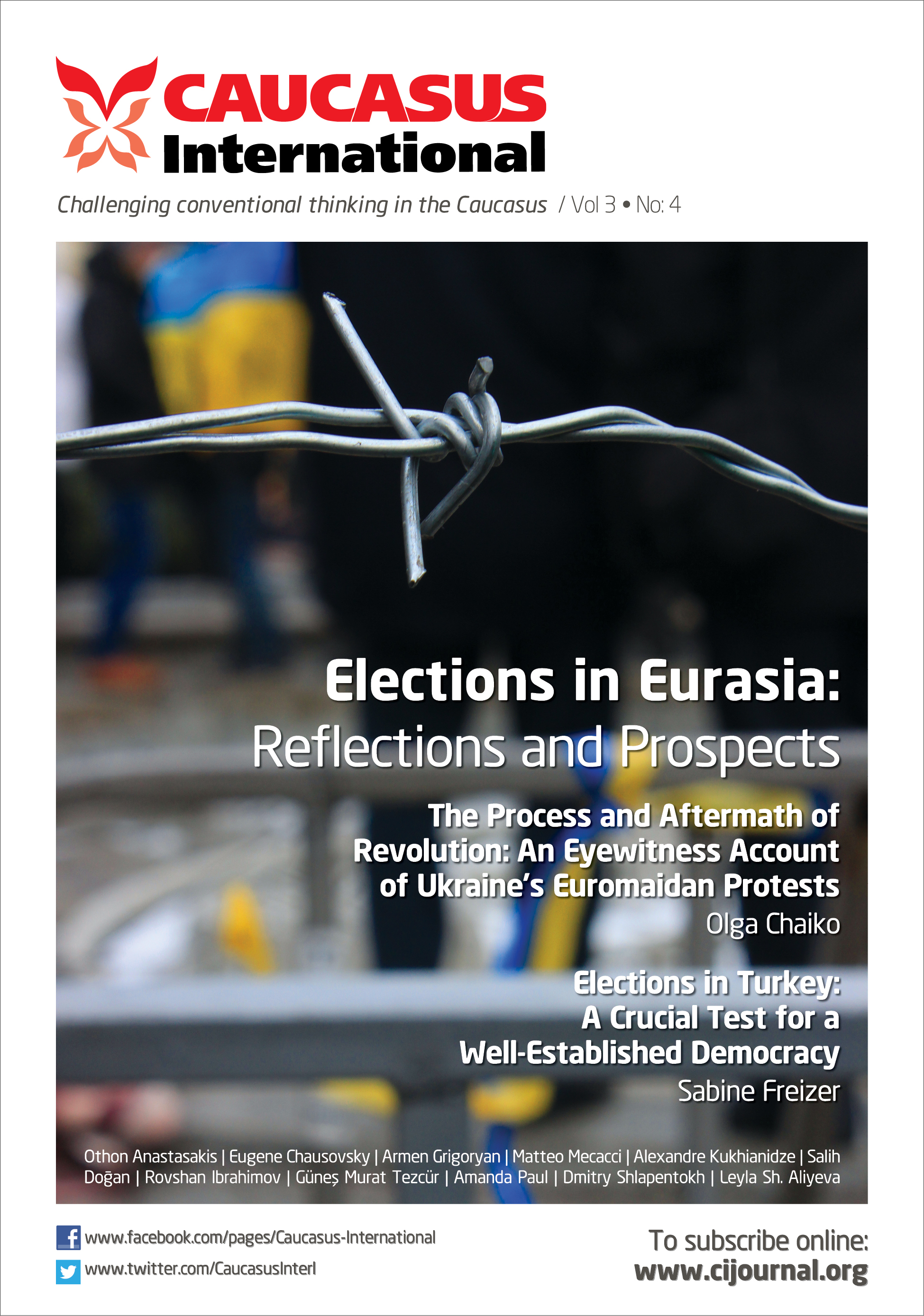Constitutions and Religious Favoritism in the European Union: A View from Azerbaijan
The article explores the constitutional provisions for religious freedoms among the member states of the European Union in light of Azerbaijan’s experience as a secular Muslim nation which has been interested in European integration since regaining its independence in 1991. The author examines the legislation of specific EU countries and their historical backgrounds, arguing that aside from France, none of the EU countries provide legal protections for the equality of all religions. Instead, the doctrine of tolerance has been introduced in some EU member countries: a sociological concept that has no legal content. The author puts forth Azerbaijan as a model for equality of among religious and ethnic communities. The relationship between religion and the state has always been a priority for Azerbaijan because its society is multi-confessional (two branches of Islam, Christianity, and Judaism). It is therefore believed that Azerbaijan can only function properly based on equal respect for religions at the state level, and minority religions have been placed under state protection on this basis. In conclusion, the author claims that the philosophy of civil religion in Azerbaijan may constitute a model for the provision of equal conditions for all confessions and ethnic groups, fostering a sense of common historical destiny.
Latest news
- 03/17/2020 Call for Submission: “Non-Alignment Movement and Its Perspective in International Affairs”. Deadline: 1 July 2020 2625 views
Popular articles
- 02/24/2020 The Role of Irredentism in Russia’s Foreign Policy 2536 views
- 02/24/2020 Construction of sub-national identity vis-à-vis parent state: Gagauz case in Moldova 2218 views
- 02/24/2020 The Conflict in Ukraine - The Geopolitics of Separatism and Divergent Identities (Commentary) 2072 views
- 02/24/2020 The Role of the Soviet Past in Contemporary Georgia 2044 views





